Nicolas Levernier
Attractor neural networks and the resolution of a brain’s self-positioning system
Team: Hervé Rouault (CPT/INMED), Jérôme Epstein (INMED)
His background
2019 - 2020 | Postdoctoral internship, Gravitropism : from transportation to redistribution
of growth hormone in plant after inclination - IUSTI in Marseille
2017 - 2019 | Postdoctoral internship, Cytoskeletal instabilités - Université de Genève
2014 - 2017 | PhD (physics), First-passage time of non-markovian processes - LJP and LPTMC (UPMC)
2013 - 2014 | Master 2 ICFP, Physique Macroscopique et Complexité - ENS
2010 - 2013 | Theoretical
Physics in Ecole Polytechnique
Contact
About his postdoctoral project
Self-localization based on internal and/or external sensory information is essential to animal survival. The hippocampus plays a crucial role in this process by forming a mental map of the environment. The factors influencing internal spatial coding resolution are poorly understood. Recent large-scale in vivo recordings of hippocampal neuronal activity in mice navigating virtual reality environments show local variations in spatial coding resolution. They could result from genuine differences within a single internal map or possible switches between different maps with different spatial resolutions. To solve this issue, we propose to use inference models based on functional connectivity (Ising models) as a neural activity decoder to decipher at high speed the neuronal assemblies or maps in use. Map switching will be revealed as instabilities (or flickers). In a second step, we will build an attractor neuronal network model fed by both external and internal information to investigate mechanisms of spatial resolution modulation.







